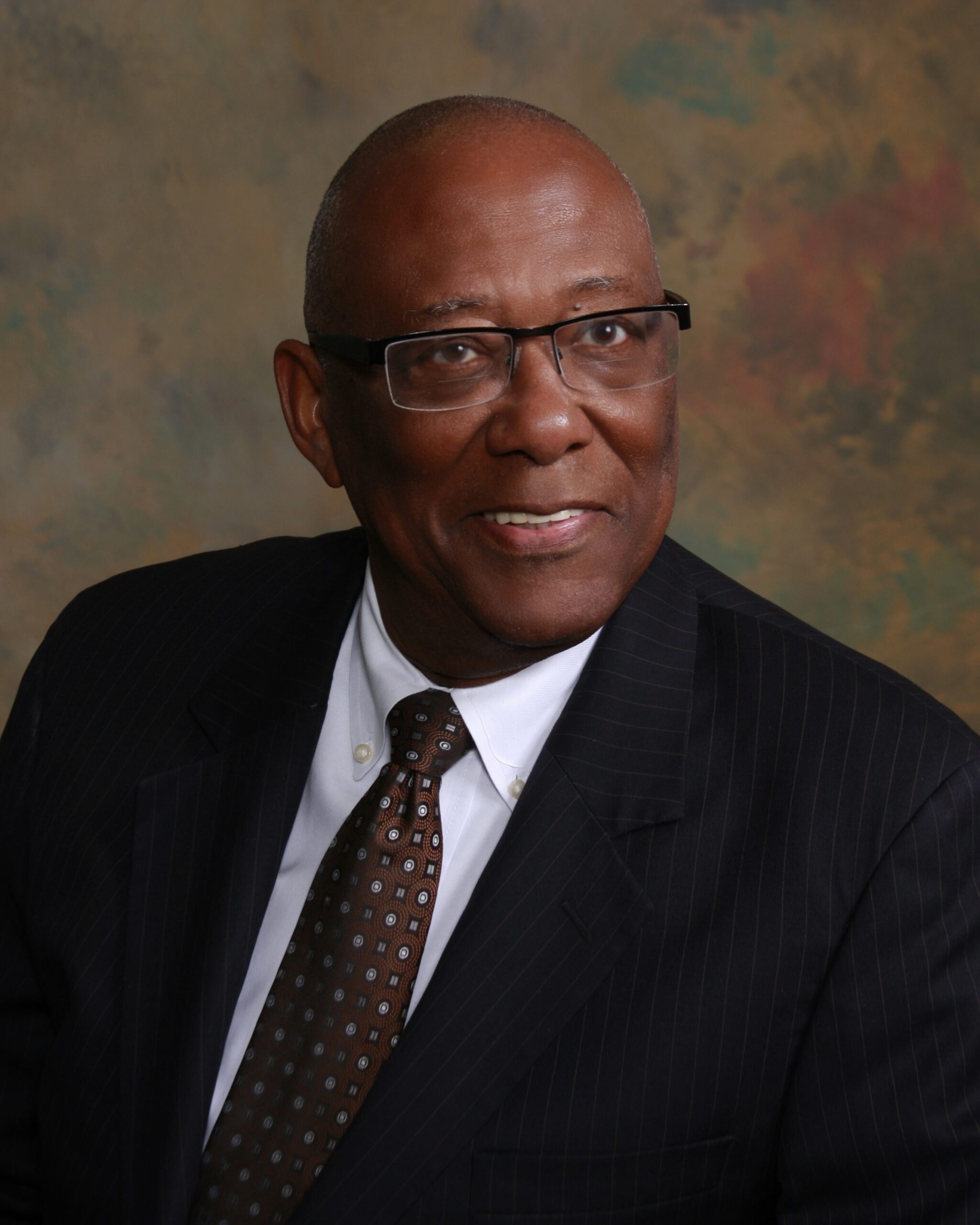
Joel Bennett is a highly respected attorney who has been a legal leader in the Austin area for more than 45 years. He has served as a lieutenant in the armed forces, worked for the Travis County Attorney, been honored by the State Bar of Texas, and been appointed and served as the first judge of the Travis County Adult Drug Court, where he presided over and saved thousands of lives.
He is the father of two children and has served as a mentor to many people, including attorneys who were part of the Texas Lawyers’ Assistance Program (TLAP) because he is an alcoholic in recovery.
Here’s an interview we conducted with Joel.
AL: What were some of the biggest challenges you faced while in the throes of your addiction?
JB: Trying not to drink daily was definitely the hardest part.
AL: Did anyone else in your life notice what was going on?
JB: At law school, I would just drink wine, but people would notice the smell in the elevator. My mother and ex-wife both noticed and told me that I was drinking too much.
AL: At what point did you realize you needed help, and what motivated you to seek treatment?
JB: I sought help because it was affecting my life, especially my marriage and my children. My wife filing for divorce was a critical reason for seeking treatment. Although it did not save my marriage, it did save my life and my relationship with my children.
AL: What kind of treatment did you seek?
JB: I went to in-person treatment, though not many places offered it. The first three days of sobriety were very hard and one of the most difficult times in my life.
AL: What advice would you give to others currently struggling with substance abuse issues?
JB: Honesty is a big part of recovery. You also need to find others who are going through the same thing as you. That’s why AA is so critical–it’s a network of support. I still go today.
AL: What role, if any, does ongoing support or community play in maintaining your sobriety?
JB: My addiction and recovery led me to being appointed as the first judge of drug court, where thousands of people receive help for their addictions. People still approach me now years later about how the experience made their lives better. With the assistance of Travis County judges, we were able to build a visionary program that achieved national recognition and influence. I also was fortunate to take my personal experiences and use them to help other jurisdictions create and effectively operate drug courts.
